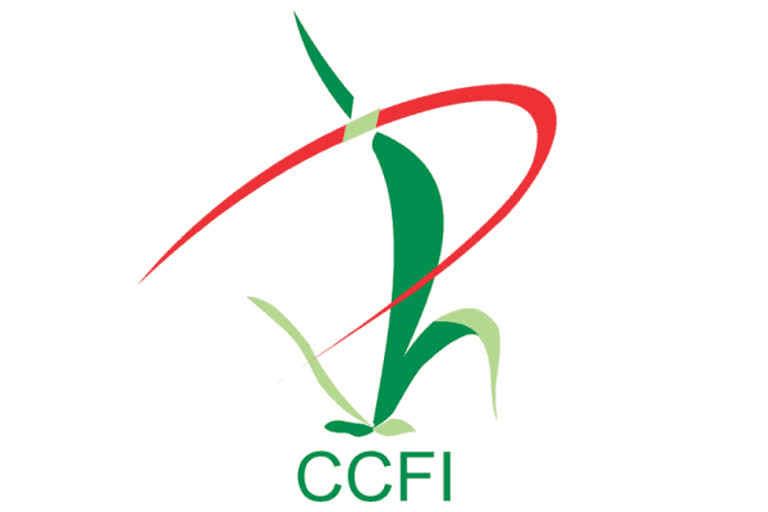New Delhi: Much has been talked about the usage of agrochemicals and fertilizers in agriculture and its impact on consumers. The topic yet again came into the limelight since the government on 14th of May released a draft gazette notification banning 27 widely used pesticides. The companies were first given 45 days to submit review of their objections but later the deadline was further extended.
In a recent development, Rajasthan High Court issued a stay till 9th of September after a farmer's body filed a plea against banning of the 27 generic molecules. Thus Companies now have one more week to file their submissions or objections with the government.
According to the Crop Care Federation of India (CCFI) a body of agrochemical companies, the objections have been submitted by the companies and now the final response from government is awaited. CCFI has also approached Chandigarh High Court seeking stay against Punjab Government's decision of banning 9 pesticides widely used by farmers for basmati rice crops.
Experts too have divided opinion over the issue of agrochemical and fertilisers. There are many who say that these are an essential part of the agriculture which has played an important role in increasing yield and thus minimising crop loss for the farmers. But there are activists who claim that the chemical residue remains in the products when they reach consumers and thus are hazardous to health. The industry, however, objects to the theory of agrochemicals being health hazardous putting facts in support of their argument.
Also read: India's unemployment rate rises again as rural job market falters
Talking to ETV Bharat, Harish Mehta Senior Advisor Crop Care Federation of India stated that certain myths have been created primarily by some activists and foreign-funded NGOs whose only mandate is to malign the Agrochemical and Fertiliser industry which are the backbone of Indian agriculture taking it to the 2nd position globally in the production of agricultural commodities.
"98% of the agricultural commodities including food grains, vegetables, fruits, milk etc comply with the prescribed upper limits fixed for crop protection chemical residue. We are the fourth-largest producer of agrochemicals after the USA, China and Japan but lowest in terms of per capita consumption which is just 400 grams per hectare. To say that pesticides are toxic would be incorrect as in a typical spray the water content is over 99% thus making it less hazardous for the environment and human" said Harish Mehta.
"MRL" is the maximum concentration of a pesticide residue (expressed as mg/kg) recommended by the Codex Alimentarius Commission to be legally permitted in food commodities and animal feed. According to the recent data of sample analysis of agricultural produces procured by CCFI the MRL for fruits and vegetables in India were around 2% meaning thereby that they were fit for human consumption both in raw and cooked form. The MRLs for food grains and other produces were also found in compliance with the recommended standards.
"While Indian farmers lack funds to buy inputs to support farming practices effectively, they are being blamed for using excessive crop protection chemicals which is a myth. India's spent on agrochemicals is less than 1% of agricultural production in value terms, which is a fraction of global counterparts. Our food compliances with regards to residues in the line of global standards. Even the exceeding MRL doesn't necessarily imply a risk to health, it only indicates that pesticide has been used incorrectly" said Harish Mehta.
Also read: Andhra Pradesh bans online games Rummy and Poker
The industry has its own points against the negative perception that has been built around the usage of agrochemicals in agriculture. According to the CCFI, it is not possible to fulfil the country's food demand with organic only. Also as per All India Network Project, samples were collected by them from organic outlets across the country and 12.3% among them had measurable crop protection chemical residues.
"It is distressing that government has initiated banning 27 molecules which are generic in nature, economical in cost and efficacious which have no equivalent alternatives. This would result in a major drop in agricultural productivity and farmers left with no choice of tried and tested molecules" said Mr Mehta.
According to CCFI, the move is being opposed by the industry on scientific merit and socio-economical parameters.


